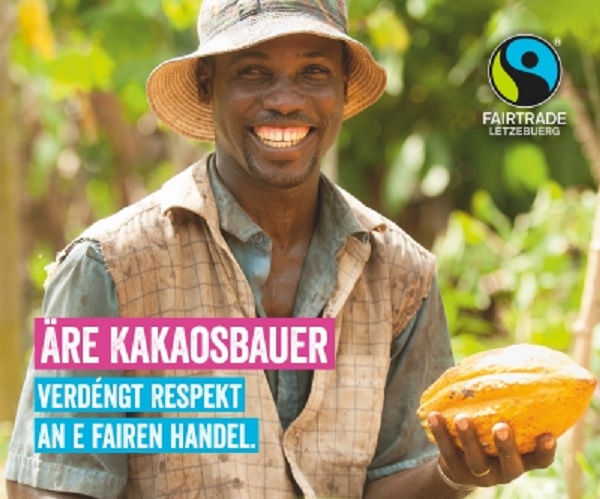
Fairtrade Lëtzebuerg, in collaboration with the Cercle de Coopération, Action Solidarité Tiers Monde, Caritas Luxembourg and Bridderlech Deelen, has asked Luxembourg and the members of the European Parliament currently taking part in the European ‘trialogue’ to not further weaken future regulations on mining.
The associations mentioned above have asked Luxembourg and MEPs at the European ‘trialogue’ not to once again weaken future regulations regarding the responsible purchasing of mining. They have done so by returning their copy of the institution’s “white list” of foundries and refineries classed as ‘responsible’, as well as the definition of exemption thresholds for ‘small volumes’ of landmines and tin, tantalum and tungsten metals as well as gold.
Luxembourgish and European organisations working on the file also regret the decision taken in June 2016 to make an indicative list of high-risk conflict zones, where the effects of these businesses’ planned actions would be harmful and which would, once again, stigmatise the Congo Republic.
The European Commission, European Parliament and Council of the EU will be concluding, at the end of 2016, this trialogue. Current discussions essentially concern technical details stemming from a political agreement from June 2016.
On the one hand, the development of a ‘white list’ risks ‘laundering’ a significant number of businesses where reasonable diligent practices have not been evaluated or are insufficient.
On the other hand, according to the agreement made in June 2016, businesses whose annual import rate is lower than a certain annual threshold will not be forced to conform to the obligations of reasonable diligence detailed in the regulation. Participants in the trialogue are currently defining these thresholds for each of the three metals and for gold, and currently it has been proposed that it should be 100kg.
Such weaknesses in the system for reasonable purchasing of landmines are problematic because if they are not taken seriously by those participating in the trialogue, they could put the reglement’s efficiency into question again.
Minister Jean Asselborn stated in June 2016 that Luxembourg is engaged in European negotiations “for a serious, efficient and balanced regulation which supports the eradication of the violation of fundamental rights linked to the extraction and selling of these metals.”








